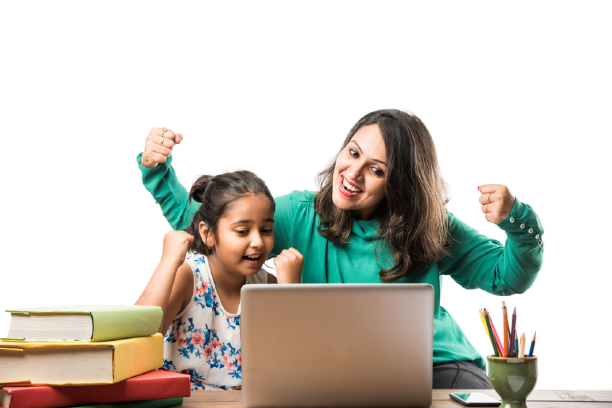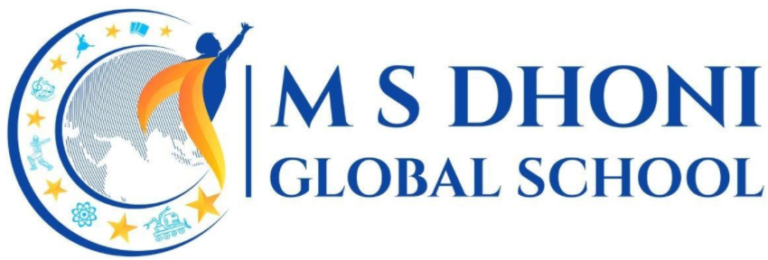
Everything You Need to Know About Virtual Reality in Education
Education, undoubtedly, is the basis for a well-developed society/country, and the sharing of knowledge has always been the topmost priority for civilizations since time memorial. This is why, educators, as well as scientists, are constantly looking for ways to enable knowledge transfer to be easier, faster, and more effective.
In this era of gadgets and digital devices, we do have an amazing opportunity to facilitate advanced learning with new-age technology. Virtual Reality (VR) is hence considered to be the next step forward for the evolution of education.
What is virtual reality?
Virtual Reality basically refers to a stimulating experience that can be similar or totally different as compared to the real world. Uses of virtual reality incorporate gaming and education.
Virtual reality can be utilized to enrich students’ learning and participation. VR training can change the manner in which educational content is conveyed; it revolves around the commitment of creating a virtual world — real or envisioned — and permits its viewers to see it as well as interface with it. Being engaged in the content propels you to completely retain the concept. It’ll require less intellectual burden to process the data.
Google Expeditions is a great example of a virtual reality app. It is essentially a vast library of field trips available for smartphone users. Each field trip comprises VR panoramas. From the Great Wall of China to Mars, viewers all around the world can visit places that are not possible in real life.
Here are a few benefits that make a virtual reality in education so powerful.
- Provide a great sense of place
Many times, when students read about something, they often wish to visit or experience it. With VR, they are not restricted to textual descriptions or pictorial representations; they can freely investigate the place and perceive how things are assembled.
Owing to the benefits of virtual reality, students can know more about a particular subject by living it. In fact, the VR experience is such that one can easily forget that whatever they are seeing is not real — a body actually trusts that it’s present in that place/moment. This inclination connects with the psyche in a manner that is astounding.
Imagine geography or history lessons where you have an option to visit any place around the globe — this virtual experience is a lot more enriching than simply reading about it in books.
- Self Learning
It’s a well-known fact that children understand and learn better by doing; however, if you look into modern schooling, you’ll get to notice how little learning actually takes place by doing. Children are more focused towards reading the instruction manual rather than actually practicing them..
Virtual Reality in schooling gives an encounter anchor to education. With Virtual Reality in education, students are motivated to explore themselves and have a good chance to learn by doing instead of inactively perusing.
- Enhance emotional reaction and creativity
Instinctive reactions to what we are seeing are important for shaping memories. Virtual Reality in education makes it easier to engage children the entire time, making virtual trips memorable. Virtual reality in education is also valuable for content utilization, but on the other hand, it’s extraordinary for content creation. By giving children strong assets, for example, Tilt Brush, you help them support their imagination.
- Broaden Exposure
Another major advantage of using virtual reality in education is its capacity to help expand children’s exposure to different vocations and careers. It improves an individuals’ capacity to envision themselves in someone else’s shoes. Career expeditions show what it feels like to work in a particular field — children can discover a day in somebody’s profession, see what an individual is examining, and comprehend what an individual likes/dislikes — about their work. Therefore, the experience becomes familiar to children.
- Visual learning
There are many children who fall in the category of visual learners — virtual reality in education is really beneficial for this particular category of students. Rather than reading about things in books, children can actually visualize whatever they’re reading about. The ability to visualize complex processes or functions makes it easier for children to comprehend.
Opening New Horizons with Virtual Reality in Education
MS Dhoni Global School is home to 21st-century classrooms that are technologically advanced places of education. With VR technology in education, we help in improving students’ engagement in learning. The advanced VR labs at MS dhoni Global School, equipped with VR-enabled devices, will inspire a whole new generation of young and bright students, ready to innovate and transform the world.
We welcome all students to come and experience a whole new world of virtual reality!
Admission Open for 2021-22
REACH US


